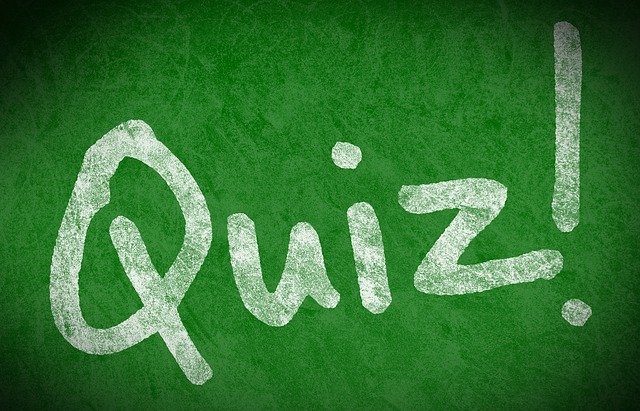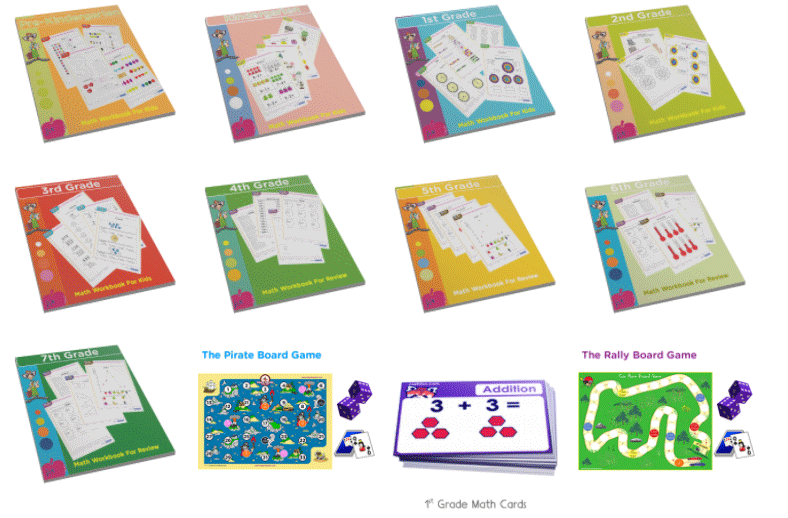Round Up Numbers To Nearest Thousand Quiz for students
Learn to round up number to nearest thousand
Rounding numbers is a way to make them simpler and easier to work with. In this case, we’re going to talk about rounding numbers to the nearest thousand. This means that we’ll take a number, like 4,672, and round it to the closest number that ends in three zeros, which is 5,000.
To round a number to the nearest thousand, we first look at the number in the hundreds place. If the number in the hundreds place is 5 or higher, we round the number up. For example, if the number is 4,672, the number in the hundreds place is 72. Since 72 is greater than or equal to 50, we round the number up. So, 4,672 rounded to the nearest thousand is 5,000.
If the number in the hundreds place is less than 5, we round the number down. For example, if the number is 4,234, the number in the hundreds place is 34. Since 34 is less than 50, we round the number down. So, 4,234 rounded to the nearest thousand is 4,000.
It’s also important to note that if the number in the thousands place is already at the max number it can be (9), it will round up to the next number ending with 0,0,0. so 9,999 would round up to 10,000.
Rounding numbers to the nearest thousand can be useful in different situations. For example, if you’re trying to count how many boxes of cereal you have, you might not want to count each box individually. Instead, you could group the boxes into groups of 1,000 and then round to the nearest 1,000.
Another example, in the financial industry when dealing with large amounts of money, it would be more manageable to round to the nearest thousands, instead of trying to keep track of every single cent.
When we start working with larger numbers, rounding can make our calculations a lot easier and faster. Rounding to the nearest thousand is just one way that we can use rounding to make numbers simpler.
In summary, rounding numbers to the nearest thousand is a way to simplify numbers and make them easier to work with. To round a number to the nearest thousand, we look at the number in the hundreds place. If the number in the hundreds place is 5 or higher, we round the number up. If the number in the hundreds place is less than 5, we round the number down. Rounding numbers to the nearest thousand is useful in many different situations, such as counting or keeping track of money.



